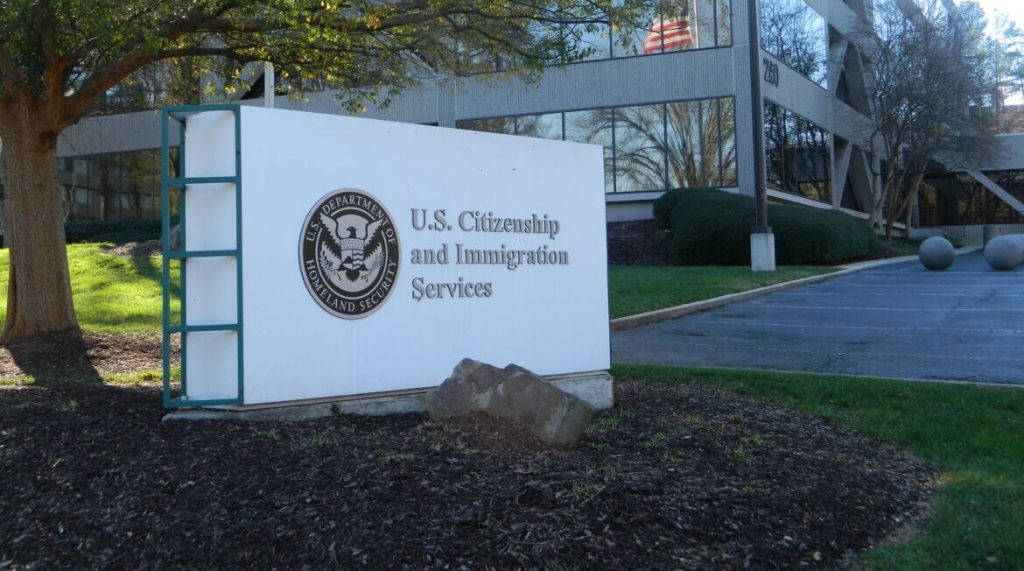The U.S. Citizenship and Immigration Services (USCIS) has issued updated policy guidance that will significantly impact how family-based immigration visa petitions—commonly used by spouses seeking green cards—are evaluated.
According to Newsweek, the agency stated in a press release dated August 1 that fraudulent or ineligible family immigration petitions undermine trust in lawful pathways to permanent residency and weaken the integrity of family unification in the United States.
Effective immediately, the new policy—outlined in the USCIS Policy Manual—applies to both pending and newly filed applications. It comes as the agency is processing a significant backlog of immigration cases, with over 11.3 million applications pending.
The updated guidance clarifies that approval of a family-based immigration petition does not in itself confer lawful immigration status. USCIS emphasized that it may issue a Notice to Appear (NTA) in removal proceedings if it determines the beneficiary is deportable under immigration law.
The update aims to reinforce existing procedures and improve USCIS’s ability to assess the legitimacy of marriage-based and other family-related immigration petitions, including cases where spouses or immediate relatives apply for lawful permanent residency (green card).
The revised guidance also details:
-
Eligibility criteria
-
Required documentation
-
Interview procedures
-
How USCIS handles multiple or interrelated petitions
-
Conditions under which cases may be referred to other government agencies
It further outlines when approved petitions are referred to the National Visa Center (NVC) of the U.S. Department of State, especially in cases where applicants initially sought adjustment of status inside the U.S. but were later found ineligible.
One key element of the update is the clarification on when U.S. citizens—particularly military members or those serving in government roles overseas—may submit Form I-130 (Petition for Alien Relative) directly to the Department of State. Such exceptions may be granted in extraordinary circumstances, including responses to mass violence events.
In a press release, USCIS stated:“This policy update improves our ability to evaluate eligible marriages and family relationships, ensuring their authenticity, verifiability, and compliance with applicable laws.”
The agency also emphasized its commitment to national security, stating that thorough vetting of foreign nationals is a top priority to protect Americans from potential threats. USCIS underlined its goal of identifying and excluding individuals with potentially dangerous intentions.

